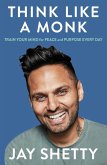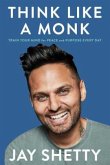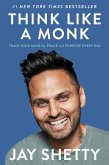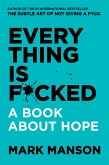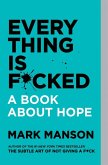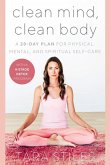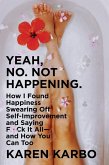It can often seem as though existence is split in two: body and mind, flesh and spirit, moving and thinking. In the office or at study we are 'mind workers', with superfluous bodies. In the gym we stretch, run and lift, but our minds are idle. Damon Young challenges this idea, revealing how fitness can develop our bodies and minds as one. Exploring exercises and sports with the help of ancient and modern philosophy, he uncovers the pleasures, virtues and big ideas of fitness. By exercising intelligently, we are committing to wholeness: enjoying and enhancing our full humanity.
One in the new series of books from The School of Life, launched January 2014:
How to Age by Anne Karpf
How to Develop Emotional Health by Oliver James
How to Be Alone by Sara Maitland
How to Deal with Adversity by Christopher Hamilton
How to Think About Exercise by Damon Young
How to Connect with Nature by Tristan Gooley
Hinweis: Dieser Artikel kann nur an eine deutsche Lieferadresse ausgeliefert werden.
One in the new series of books from The School of Life, launched January 2014:
How to Age by Anne Karpf
How to Develop Emotional Health by Oliver James
How to Be Alone by Sara Maitland
How to Deal with Adversity by Christopher Hamilton
How to Think About Exercise by Damon Young
How to Connect with Nature by Tristan Gooley
Hinweis: Dieser Artikel kann nur an eine deutsche Lieferadresse ausgeliefert werden.
This new series of The School of Life's self-help books build on the strengths of the first, tackling some of the hardest issues of our lives in a way that is genuinely informative, helpful and consoling. Here are books that prove that the term "self-help" doesn't have to be either shallow or naive


